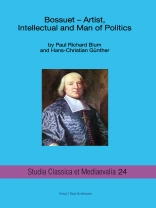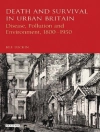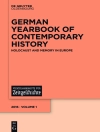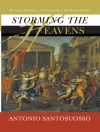Jacques Bénigne Bossuet (1627-1704) provides the historical context of philosophers like Descartes who appear to be timeless. He exposed the political philosophy, the epistemology, the philosophy of history and the theology of his time against the prejudice that thinkers have to be solipsistic. Bossuet reconciled rationality and Biblical authority when the Enlightenment threatened to divorce them. This is true for his political philosophy and for his philosophical psychology. Knowing worldly power helps fathom the divine order, and knowing the human intellect fosters philosophical piety towards God.
Paul Richard Blum is T.J. Higgins, S.J., Chair in Philosophy at Loyola University Maryland in Baltimore, USA. He studied philosophy in Germany and Italy and taught in Germany, Hungary, and the Czech Republic. Besides Renaissance philosophy he specializes in early modern scholasticism.
Hans-Christian Günther is professor for classics at the Albert-Ludwigs-Universität Freiburg. He has widely published on Greek and Roman philosophy and literature, Byzantine and modern Greek studies. Recently he has been more and more interested in intercultural studies, ethics and international politics.
Table des matières
Preface
Hans-Christian Günther
Remarks on Bossuet
Bossuet’s place in European intellectual history
Bossuet as a political thinker
Bossuet and the mirror of princes literature
Bossuet’s political thought and its background
Bossuet’s political thought in its contemporary and modern context
Paul Richard Blum
Piety of Soul and Body – Philosophy of Mind in Bossuet’s Spirituality
Discover yourself
Sensation and passion
Understanding and discernment
Body and soul
A Jesuit Commentary on Aristotle`s Theory of Senses
Conclusion
Register












